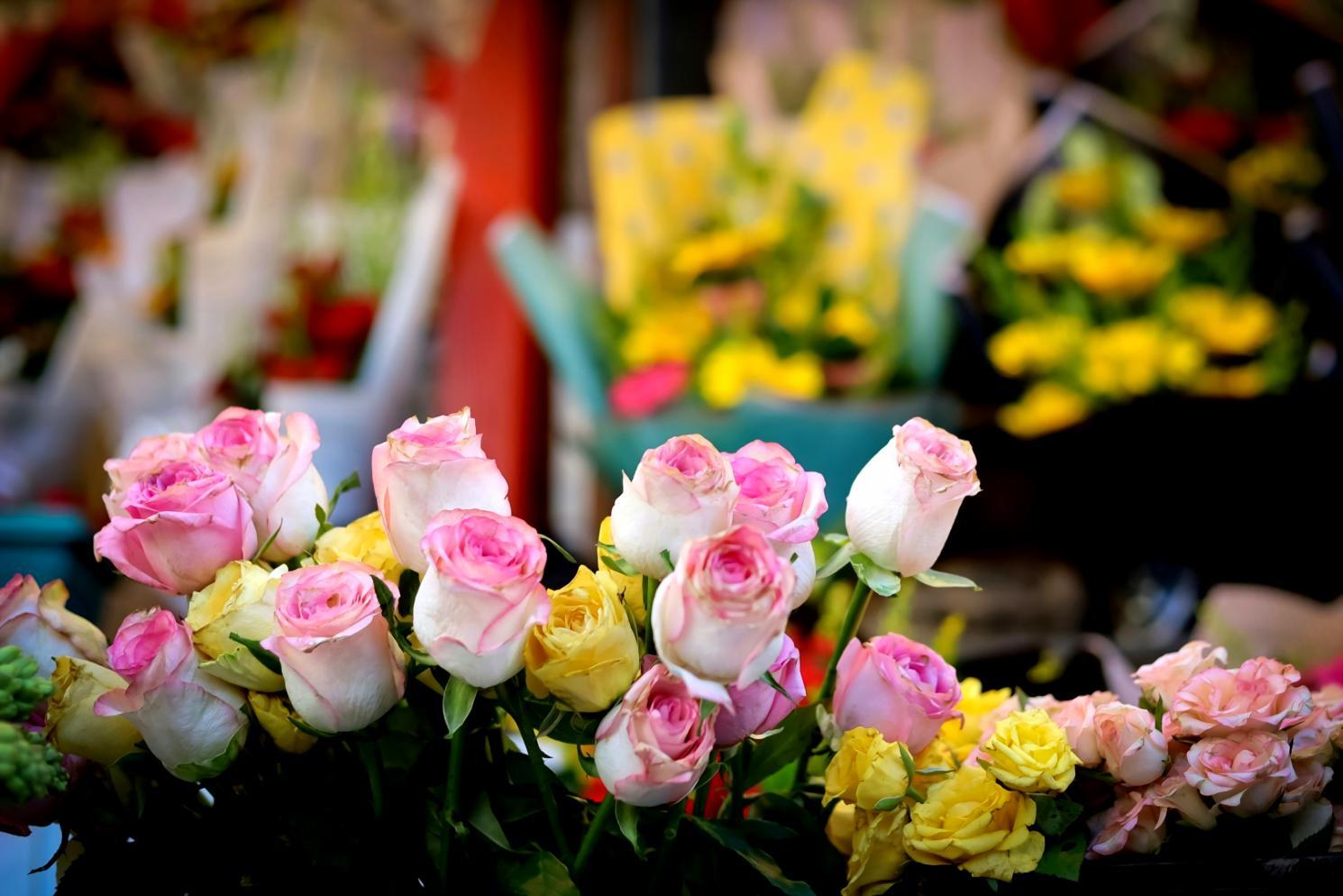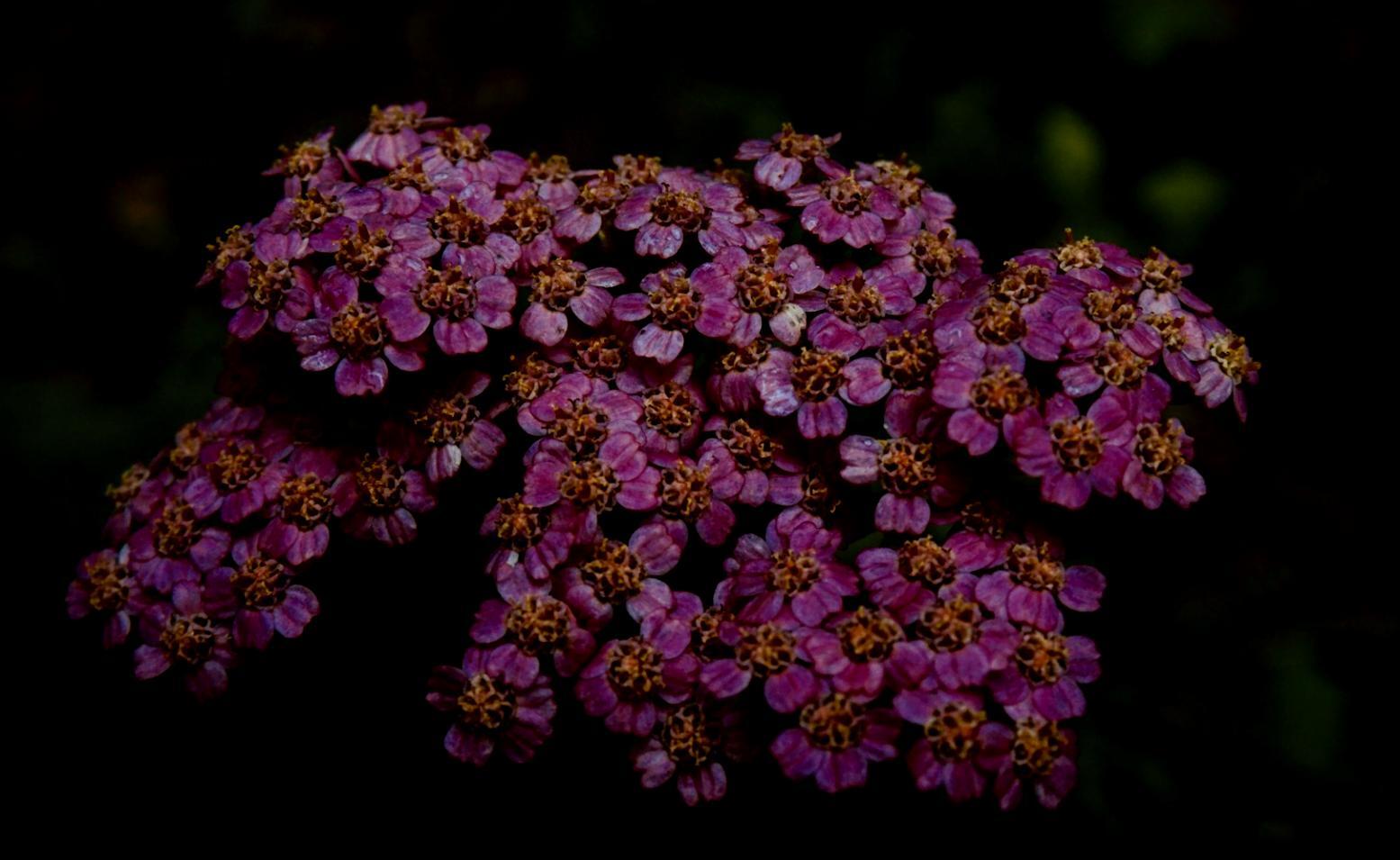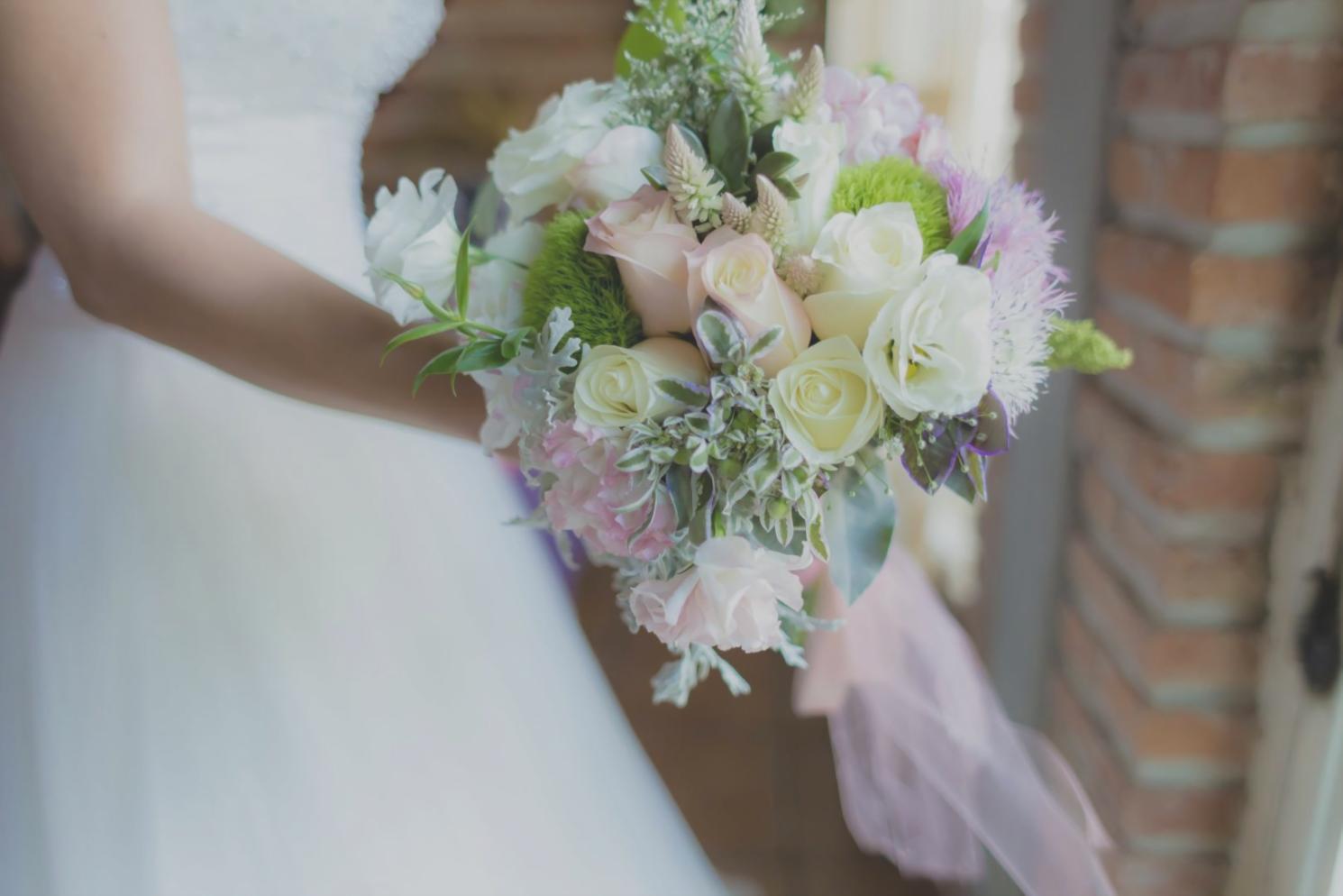Building Careers Through Botanical Artistry
We teach the craft of gift floristry from scratch. Real techniques, honest learning, and practical skills that connect you to an industry that still values human touch.
View Our Programme
How We Actually Teach
Forget lecture halls and outdated theory. Our approach mirrors how professionals actually work in the field.
Studio Practice
You'll spend most of your time with flowers in hand. We work with seasonal stems, real client briefs, and the constraints that shape professional decisions every day.
Design Language
Beyond arrangements, we teach you to read botanical form and understand why certain combinations work. It's about developing your eye, not memorizing patterns.
Business Context
Gift floristry is commercial art. We cover sourcing, pricing, client communication, and the practical side of turning skill into sustainable work.

Foundation Programme
Starting in July 2026, our twelve-week foundation course introduces you to core techniques and material knowledge.
You'll learn colour theory, seasonal availability, care protocols, and the mechanics of constructing stable arrangements. Most weeks include two studio sessions plus independent project work.
- Hand-tied bouquets and gift wrapping
- Foam-free structural design
- Conditioning and flower care
- Working with varied stem types

Advanced Design Track
For those who've completed foundation work, our advanced track runs September through November 2026.
This focuses on complex installations, bespoke client projects, and developing a recognizable design voice. You'll work independently with guidance.
- Large-scale installation techniques
- Portfolio development
- Client consultation skills
- Sustainable sourcing practices
Where This Takes You
Gift floristry opens several career directions. The work varies significantly depending on which path you choose.
Studio Floristry
Most of our students move into studio environments—boutique flower shops, department store concessions, or specialist gift retailers. The work involves walk-in customers, pre-orders, and seasonal rush periods.
You'll typically start as junior florist, gradually taking on more complex commissions as your speed and confidence develop.
Typical schedule: Retail hours with early morning prep and delivery coordination
Freelance Practice
Some build independent practices, working weddings, private events, and commercial clients. This requires stronger business skills and usually takes longer to establish steady income.
The flexibility appeals to many, but you're managing everything from sourcing to invoicing yourself.
Reality check: Irregular income, especially in first year. You'll need reserves.

I came in knowing nothing about flowers beyond what I'd bought at supermarkets. The programme taught me to actually see botanical structure and understand why arrangements hold or fall apart. Six months after finishing, I'm working junior role at a Manchester studio. Still learning, but the foundation was solid.Read More Stories